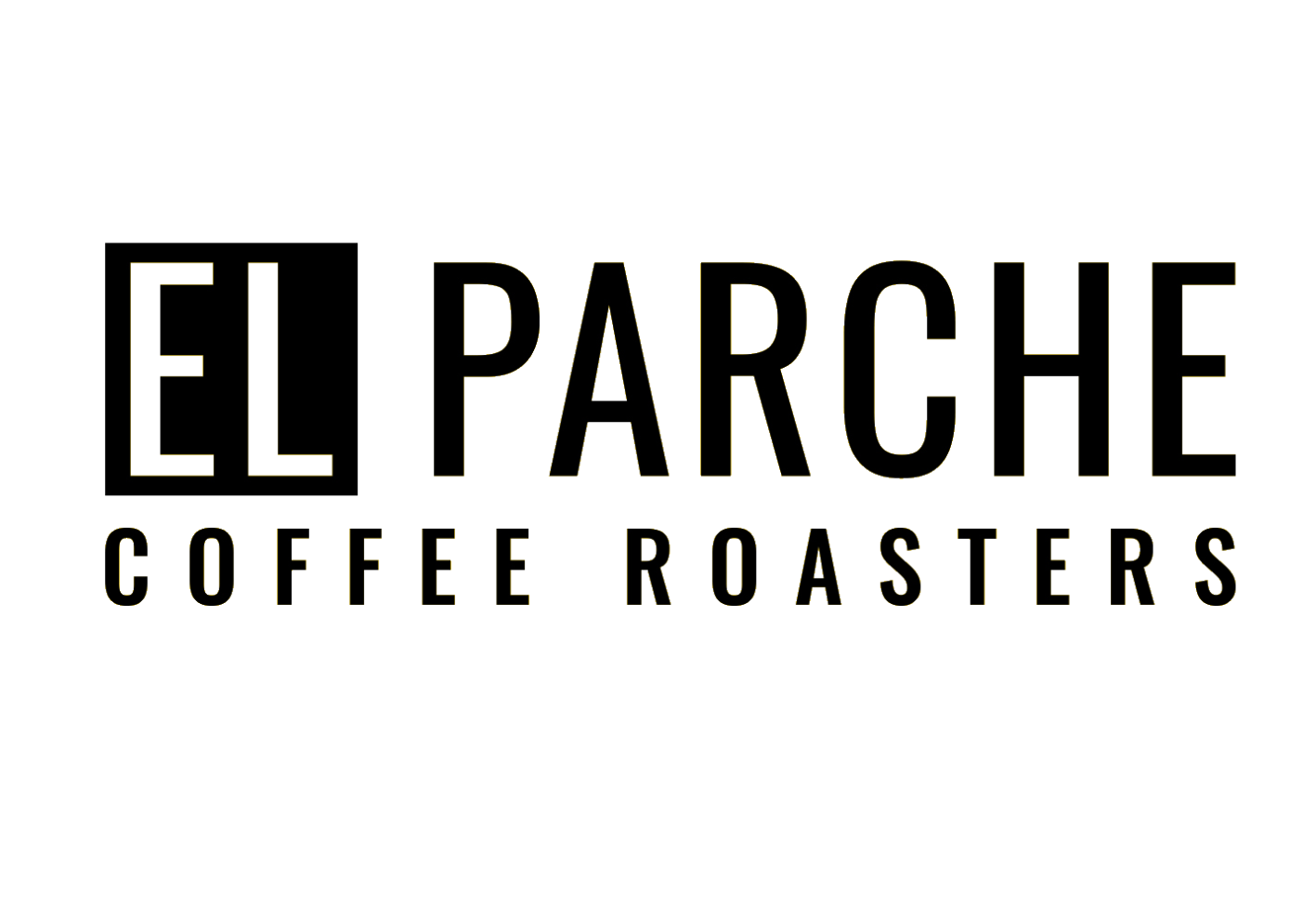
Specialty coffee is the premium product in the coffee industry and is often priced higher than commercial coffee. This is due to several factors, including the cost of production, the quality of the beans, and the fair trade practices used.
Cost of production: Specialty coffee is often grown in smaller, more remote regions with difficult climates and terrain. The coffee is typically hand-picked, which is a more labour-intensive process than machine harvesting. Additionally, specialty coffee growers often invest in organic or sustainable farming practices, which can add to the cost of production. All these factors result in higher production costs that are reflected in the price of specialty coffee.
Quality of the beans: Specialty coffee is high-quality, and often single-origin beans that are carefully selected and roasted. Compared to commercial coffee, which is often made from a blend of beans from different regions and is roasted to a darker degree, masking the flavour of the individual beans. Specialty coffee is typically roasted lighter to bring out the unique characteristics of each origin, resulting in a higher-quality, more complex flavour profile.
Fair-Trade practices: Many specialty coffee companies prioritise direct trade relationships with farmers, paying them fair prices for their beans and investing in their communities. This can result in higher costs for the coffee companies, but also helps to support sustainable and equitable practices in coffee-growing regions.

Overall, the higher price of specialty coffee reflects the quality of the beans, the cost of production, and the desire for fair trade practices. While it may be more expensive than commercial coffee, many specialty coffee drinkers believe that the unique flavours and high-quality standards of specialty coffee are worth the extra cost.
Gracias,
Jorge
